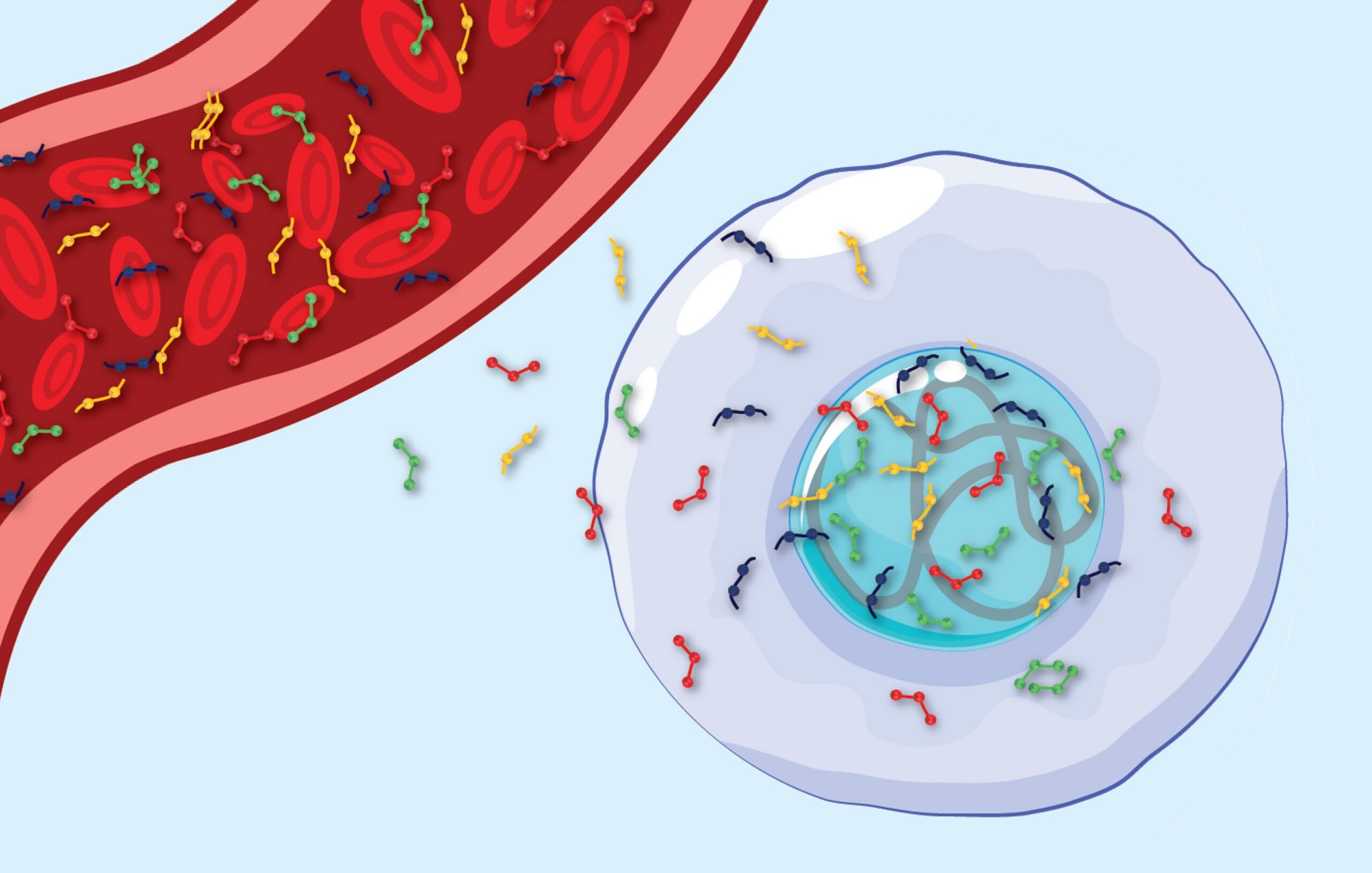Child labour is a major social problem, particularly in developing countries. Recent reports estimate that globally, there are 160 million children engaged in child labour – representing an increase of 8.4 million in the last four years. Child labour is likely both a symptom and a cause of poverty. Not only do working children achieve lower levels of education, but their physical health can also be jeopardised. However, less is known about the psychological and mental health impacts. Read More
A collaborative research team from Australia, India and the Netherlands aimed to identify the effects of child labour on the psychological wellbeing of children. They focused on children in Tamil Nadu – a predominantly rural and agricultural state in India.
The researchers collected data between June and September of 2018. This mid‐to‐late summer period is when children are most likely to be working. The team randomly selected households with children aged between 12 and 18 years old, ultimately collecting data on 947 children from 750 households across 20 villages.
Of the surveyed children, 171 were engaged in labour. This means that they were working in exchange for payment in any form, such as money or food, either as a regular commitment or as an informal arrangement.
By taking a questionnaire, the children provided measures of happiness, hope, emotional wellbeing, self‐efficacy, fear and stress, along with demographic details, including age, gender and number of siblings. Adults in each household provided information on wealth and household expenditure, to provide greater insight into the economic context of each child.
The researchers’ analyses confirmed that the working children reported lower levels of happiness, emotional wellbeing, self‐efficacy and hopefulness than their non-working peers. They were also more stressed, but reported similar levels of fear to non-working children.
In other words, labour was linked with significantly lower psychological wellbeing across most outcomes measured in this study. The researchers believe that this is a causal relationship, meaning that labour is detrimental to children’s mental health.
Given that poorer childhood mental health is related to other negative outcomes in life: including lower educational achievement, substance abuse and violence, these findings point to child labour as an important target for intervention.
The researchers acknowledge that combatting the psychological consequences of child labour will require policymakers to treat the root causes of child labour. They also acknowledge that this problem is extremely complex to address from a policy perspective. Unfortunately, banning child labour could have adverse impacts on child wages, which may lead to an increase in child labour to compensate for reduced family incomes.
With this in mind, the researchers propose other types of interventions. They suggest that family education programmes on how to identify mental health issues in children could be developed. Schools could also increase their provision of mental health services, particularly in rural areas.







